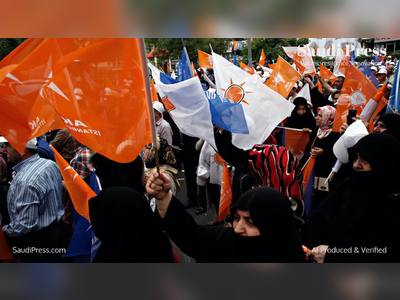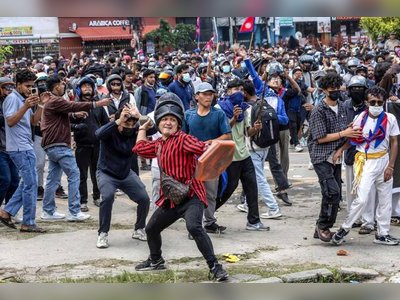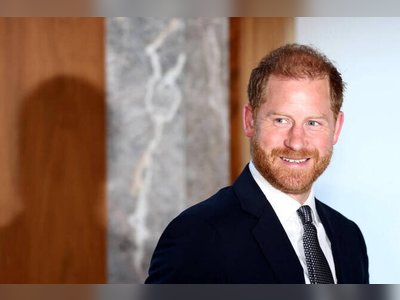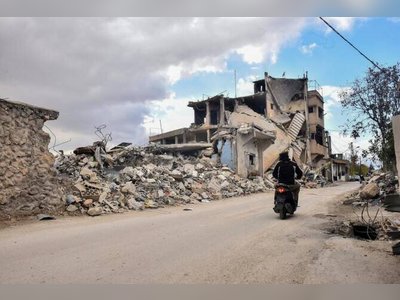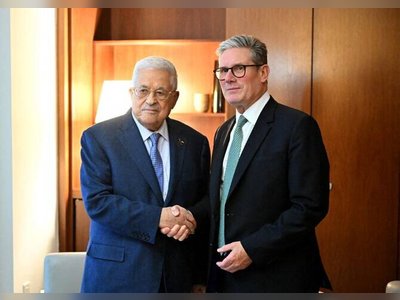Israel Strikes Hamas Leadership in First-Ever Operation on Qatari Soil
Airstrike in Doha targets senior Hamas figures—including top negotiators—undermining Qatar’s mediation role amid ongoing Gaza ceasefire talks
In an unprecedented escalation, Israel carried out military airstrikes in Doha, Qatar, on September 9 – marking the first time its forces have struck within the Gulf state.
The operation focused on senior Hamas leadership, including chief negotiator Khalil al-Hayya and others involved in ceasefire discussions.
Although key figures survived, Hamas confirmed that six individuals were killed, among them al-Hayya’s son and a Qatari security officer.
The attack occurred in a residential compound near Doha’s Legtaifiya area, adjacent to a petrol station, resulting in visible damage and confirming the operation’s precision and intent.
The strike poses a critical threat to delicate mediation efforts.
Qatar, a central mediator in Gaza ceasefire negotiations and home to hostages discussions, decried the operation as a “cowardly” violation of its sovereignty and international law.
UN Secretary-General António Guterres condemned the attack as a flagrant affront to Qatar’s territorial integrity and urged a renewed focus on achieving a lasting ceasefire.
Israel’s Prime Minister portrayed the strike as a precise counterterrorism measure, asserting that leaders cannot operate with impunity even on diplomatic grounds.
Reports indicate that the United States was informed of the operation, though Qatar maintains it received no prior warning.
President Donald Trump was said to have termed the incident “unfortunate” while affirming shared commitment to peace, though also backing Israel’s broader objectives.
Global responses were swift and widespread.
Leaders from the European Union, Saudi Arabia, Turkey, France, and the United Kingdom joined Qatar and the UN in condemning the strike and warning of its destabilizing impact on regional security and diplomatic momentum.
The operation—reportedly months in preparation—reflects Israel’s willingness to act decisively in pursuit of its security aims.
It has now introduced a stark reality: Gulf mediation may no longer shield Hamas political authorities from targeted strikes.
This assault now stands as a watershed moment, raising urgent and grave questions about the future of diplomacy, regional alignments, and the safety of those embroiled in negotiation efforts.
The operation focused on senior Hamas leadership, including chief negotiator Khalil al-Hayya and others involved in ceasefire discussions.
Although key figures survived, Hamas confirmed that six individuals were killed, among them al-Hayya’s son and a Qatari security officer.
The attack occurred in a residential compound near Doha’s Legtaifiya area, adjacent to a petrol station, resulting in visible damage and confirming the operation’s precision and intent.
The strike poses a critical threat to delicate mediation efforts.
Qatar, a central mediator in Gaza ceasefire negotiations and home to hostages discussions, decried the operation as a “cowardly” violation of its sovereignty and international law.
UN Secretary-General António Guterres condemned the attack as a flagrant affront to Qatar’s territorial integrity and urged a renewed focus on achieving a lasting ceasefire.
Israel’s Prime Minister portrayed the strike as a precise counterterrorism measure, asserting that leaders cannot operate with impunity even on diplomatic grounds.
Reports indicate that the United States was informed of the operation, though Qatar maintains it received no prior warning.
President Donald Trump was said to have termed the incident “unfortunate” while affirming shared commitment to peace, though also backing Israel’s broader objectives.
Global responses were swift and widespread.
Leaders from the European Union, Saudi Arabia, Turkey, France, and the United Kingdom joined Qatar and the UN in condemning the strike and warning of its destabilizing impact on regional security and diplomatic momentum.
The operation—reportedly months in preparation—reflects Israel’s willingness to act decisively in pursuit of its security aims.
It has now introduced a stark reality: Gulf mediation may no longer shield Hamas political authorities from targeted strikes.
This assault now stands as a watershed moment, raising urgent and grave questions about the future of diplomacy, regional alignments, and the safety of those embroiled in negotiation efforts.


